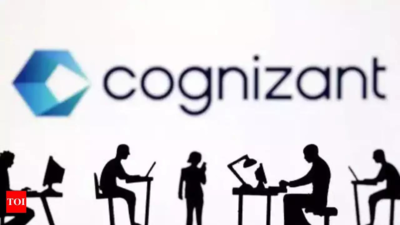Missing is that this isn’t necessarily about race, but money (story below). I left AT&T because they were using Mahindra and Mahindra as a software contractor, an Indian firm based in Mumbai formerly known as Mahindra and Muhuammed, and they used any foreign and cheap developers they could get their hands on, usually fresh out of school. And of course, the systems were terrible, exceedingly buggy, and I got tired of managing trouble tickets and dealing with systems that didn’t work as well as difficult developers. It was kind of funny, I survived more layoffs than I could count, but finally signed up for a voluntary one ending my megacorp career, as megacorps are a terrible place to work. We actually had a motivational presentation one year about a blind white water kayaker that had this incredible team communicating over the radio so he could whitewater kayak down dangerous rapids (why?). I had no shortage of fun comparing management to the blind kayaker depending on us to go above and beyond to cover over all the exceedingly many flaws management was responsible for.
TOI Tech Desk

Cognizant has been found guilty of discrimination against non-Indian workers by a US jury. The jury found that the IT major engaged in a pattern of discriminatory conduct toward non-Indian workers, demanding it to pay punitive damages to compensate employees who suffered harm. According to a Bloomberg report, the verdict comes after a Los Angeles federal judge rejected the IT firm’s attempt to dismiss a 2017 job discrimination class-action lawsuit last month.
Allegations in the lawsuit
The case is Palmer v. Cognizant Tech. Solutions Corp., 17-cv-06848, US District Court, Central District of California (Los Angeles). It alleges that the company misused the H-1B visa program, adding that it systematically favored South Asian individuals in its hiring and retention practices.
The case begin after three employees who identify as Caucasian filed a lawsuit against Cognizant. According to the plaintiffs, they were dismissed after a five-week period without assigned work, commonly referred to as “benching.” They claim their positions were then filled by workers from India who were prepared to work in the US on visas, ready to be assigned to domestic projects and tasks
The lawsuit alleges: “Cognizant has used policies and practices related to hiring, promotion, and termination of individuals that have had a disparate impact on the basis of national origin and race (harming those who are not of South Asian race or Indian national origin) that are neither job-related for the positions at issue nor consistent with business necessity.”
Cognizant spokesperson Jeff DeMarrais said in an emailed statement that the company is disappointed with the verdict and plans to appeal against the ruling.